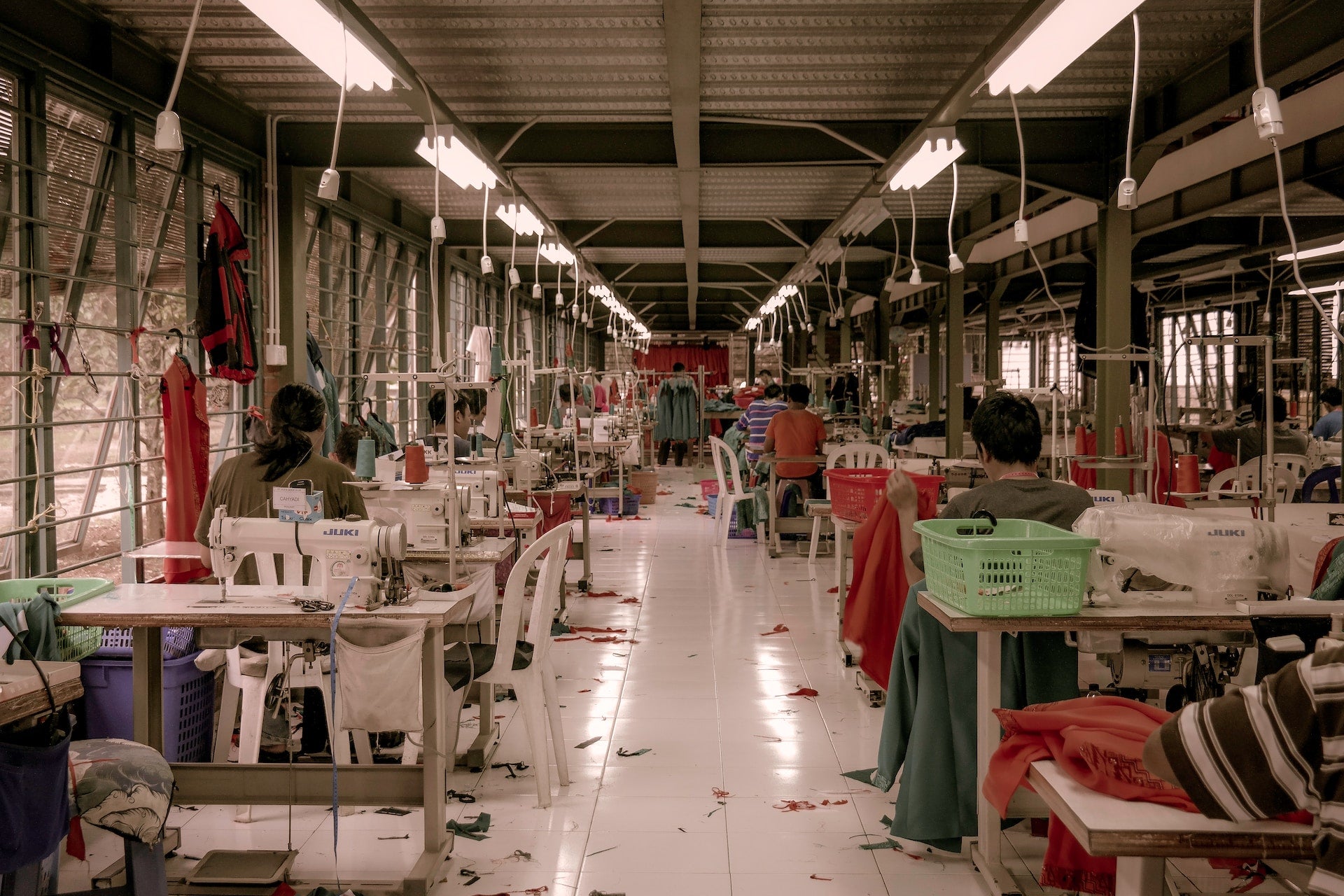In today's fast-paced world, fashion trends come and go at the blink of an eye. The fast fashion industry has capitalized on this, churning out cheap, trendy clothing at an alarming rate. However, this convenience comes at a cost—both to our wallets and our planet. Enter the concept of upcycling and reselling fashion returns, a sustainable alternative that's changing the game. In this post, we'll delve into how reselling is not just a trend but a movement towards a more sustainable and ethical fashion industry.
The Problem with Fast Fashion
Fast fashion may offer affordability and a wide range of choices, but it has a dark side. The industry is one of the largest polluters in the world, contributing to water pollution, waste, and carbon emissions. Moreover, fast fashion often relies on unethical labor practices to keep costs low.
With fast fashion comes an unprecedented amount of excess waste. The resources used to produce these items are often not used to their full potential considering that the clothes are very trend centric and cheaply made. Essentially, with fast fashion the life cycle of our clothing is decreasing which is leading to increased levels of consumption.
What is Upcycling?
Upcycling is the process of transforming old or discarded materials into something new and useful. In the context of fashion, this could mean turning a pair of old jeans into a trendy bag or converting a tattered t-shirt into a chic crop top. Upcycling not only gives a second life to clothing but also encourages creativity and reduces waste.
The Rise of Reselling
Reselling, particularly the reselling of fashion returns, is another sustainable alternative to fast fashion. Brands and retailers are increasingly recognizing the value in taking back returned items, refurbishing them, and reselling them at a discounted price. This practice not only reduces waste but also provides an affordable option for consumers looking for high-quality clothing.
How Reselling is Changing the Game
Environmental Impact
By giving returned items a second life, reselling helps to reduce the number of garments that end up in landfills. This has a significant positive impact on the environment, as it reduces waste and the need for new production, thereby saving energy and resources.
Economic Benefits
Reselling is not just good for the planet; it's also good for business. Brands that have adopted reselling practices often find that it opens up a new revenue stream. Moreover, it enhances brand loyalty as consumers appreciate the sustainable efforts of the company.
Ethical Consumerism
Reselling promotes ethical consumerism by offering a sustainable alternative to fast fashion. Consumers can purchase high-quality, refurbished and returned items at a lower cost, without contributing to the negative impacts of fast fashion. Each piece of clothing sold using this method is one less piece of clothing that goes to waste unnecessarily in a landfill.
Final Thoughts
The fashion industry is at a crossroads. While fast fashion offers convenience and affordability, it does so at a great cost to our planet and society. Upcycling and reselling offer a way out of this dilemma, providing sustainable and ethical alternatives that benefit everyone involved. As consumers, it's our responsibility to make mindful choices and support brands that are doing their part to change the game.
By embracing reselling and upcycling, we can all contribute to a more sustainable and ethical fashion industry. So the next time you're about to click 'buy' on that fast fashion website, consider opting for a resold or upcycled item instead. Your wallet, and the planet, will thank you.

